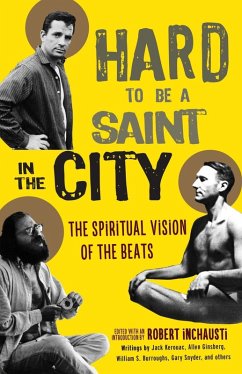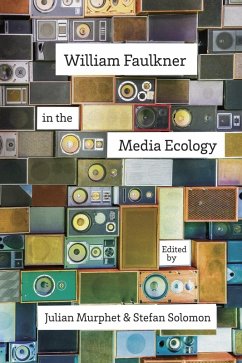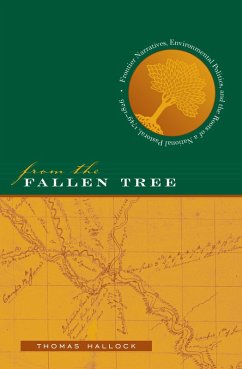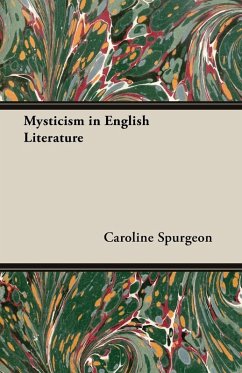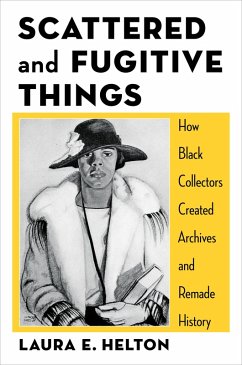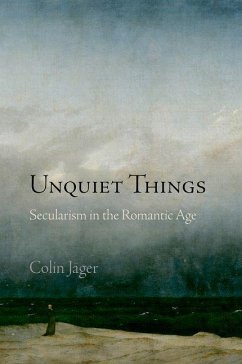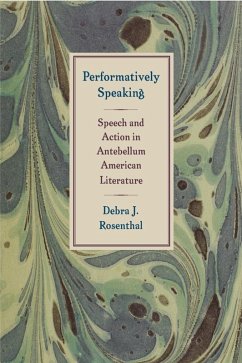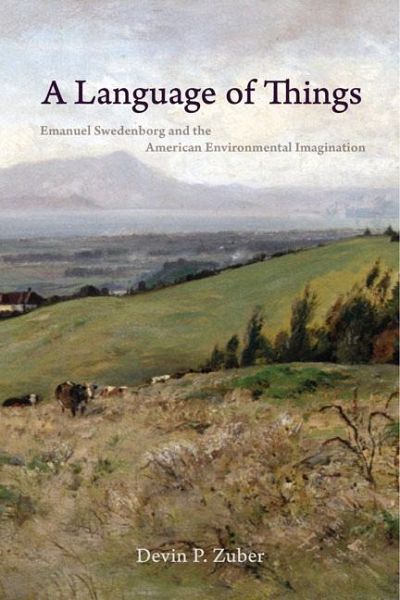
A Language of Things (eBook, ePUB)
Emanuel Swedenborg and the American Environmental Imagination

PAYBACK Punkte
25 °P sammeln!
Long overlooked, the natural philosophy and theosophy of the Scandinavian scientist-turned-mystic Emanuel Swedenborg (1688-1772) made a surprising impact in America. Thomas Jefferson, while president, was so impressed with the message of a Baltimore Swedenborgian minister that he invited him to address both houses of Congress. But Swedenborgian thought also made its contribution to nineteenth-century American literature, particularly within the aesthetics of American Transcendentalism. Although various scholars have addressed how American Romanticism was affected by different currents of Conti...
Long overlooked, the natural philosophy and theosophy of the Scandinavian scientist-turned-mystic Emanuel Swedenborg (1688-1772) made a surprising impact in America. Thomas Jefferson, while president, was so impressed with the message of a Baltimore Swedenborgian minister that he invited him to address both houses of Congress. But Swedenborgian thought also made its contribution to nineteenth-century American literature, particularly within the aesthetics of American Transcendentalism. Although various scholars have addressed how American Romanticism was affected by different currents of Continental thought and religious ideology, surprisingly no book has yet described the specific ways that American Romantics made persistent recourse to Swedenborg for their respective projects to re-enchant nature.
In A Language of Things, Devin Zuber offers a critical attempt to restore the fundamental role that religious experience could play in shaping nineteenth-century American approaches to natural space. By tracing the ways that Ralph Waldo Emerson, John Muir, and Sarah Orne Jewett, among others, variously responded to Swedenborg, Zuber illuminates the complex dynamic that came to unfold between the religious, the literary, and the ecological. A Language of Things situates this dynamic within some of the recent "new materialisms" of environmental thought, showing how these earlier authors anticipate present concerns with the other-than-human in the Anthropocene.
Dieser Download kann aus rechtlichen Gründen nur mit Rechnungsadresse in A, D ausgeliefert werden.




